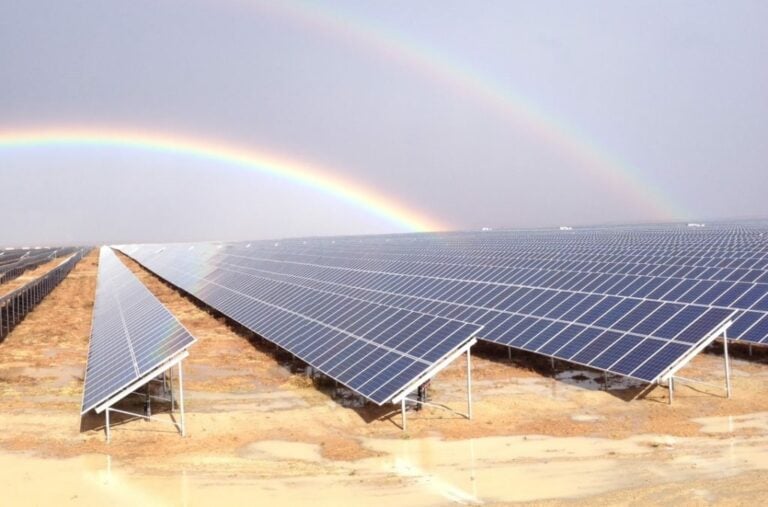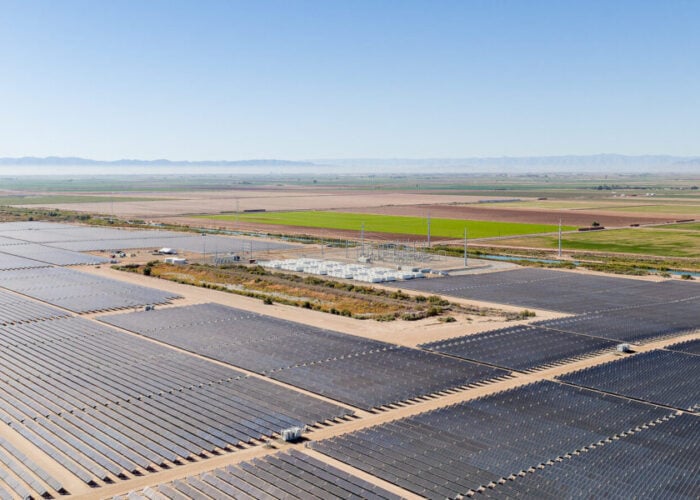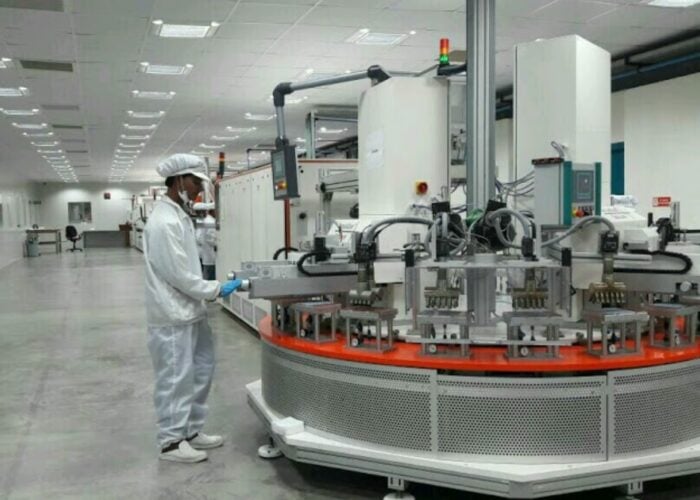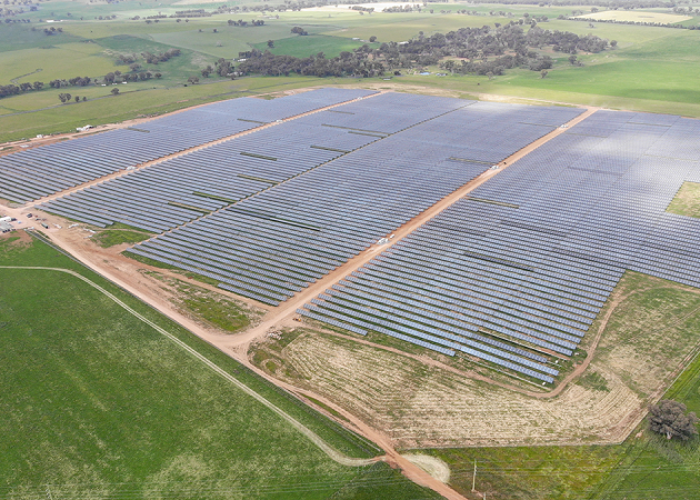
The South African government has reduced the designated local content requirement for solar modules – the portion of a module’s components that must be produced locally – from 100% to 30% as part of a swathe of actions designed to tackle load shedding and power outages in the country.
Announced through the National Energy Crisis Committee’s (NECOM) Energy Action Plan six-month update, the reduced local content requirement is designed to alleviate constraints on solar project deployment. The government said that the dispensation will help to bring the projects awarded capacity in the fifth round of the country’s Renewable Energy Independent Power Producers Procurement Programme to financial close and construction, of which there were 975MW worth of solar PV.
Try Premium for just $1
- Full premium access for the first month at only $1
- Converts to an annual rate after 30 days unless cancelled
- Cancel anytime during the trial period
Premium Benefits
- Expert industry analysis and interviews
- Digital access to PV Tech Power journal
- Exclusive event discounts
Or get the full Premium subscription right away
Or continue reading this article for free
In addition, notice has been issued to exempt solar PV projects from environmental authorisation processes in areas deemed to be of low or medium environmental sensitivity, with the same allowance announced for transmission infrastructure projects. These notices have been issued for public comment.
The Energy Action Plan has also sought to increase private investment in power generation projects in the country by removing the licensing requirement for generation projects of any size. It says that the national pipeline of private-sector embedded generation projects has grown to over 100 projects with over 9GW of capacity.
In October, the national utility Eskom signed agreements with four independent power producers (IPPs) to develop 2GW of renewables capacity. South African IPP SOLA Group signed a 256MW module supply agreement with Canadian Solar in December for projects which SOLA Group described as the first of their scale to be based on private power purchase agreements in South Africa.
The government said that NECOM’s measures aim to reduce the impact and frequency of load shedding in the short term, and to permanently end load shedding in the long term. Policies introduced last year aimed to introduce as much new renewable energy capacity to the South African grid as possible, as the country has experienced issues with grid capacity and security through its ongoing energy crisis since around 2008. These also highlighted the need for private investment.
Various other regulatory and administrative processes were rolled back in the NECOM update, including ensuring that grid connection approvals are provided within six months. A new ministerial determination has been published for 14.7GW of new generation capacity from wind, solar and battery storage to accelerate further bid windows.
“South Africans are right to demand immediate action to address the devastating impact of load shedding on our lives and on the economy,” said the country’s president, Cyril Ramaphosa.
“The Energy Action Plan provides a clear way out of this crisis. We do not need any new plans – we are focusing on implementing this plan fully and effectively to achieve energy security for all South Africans.”






